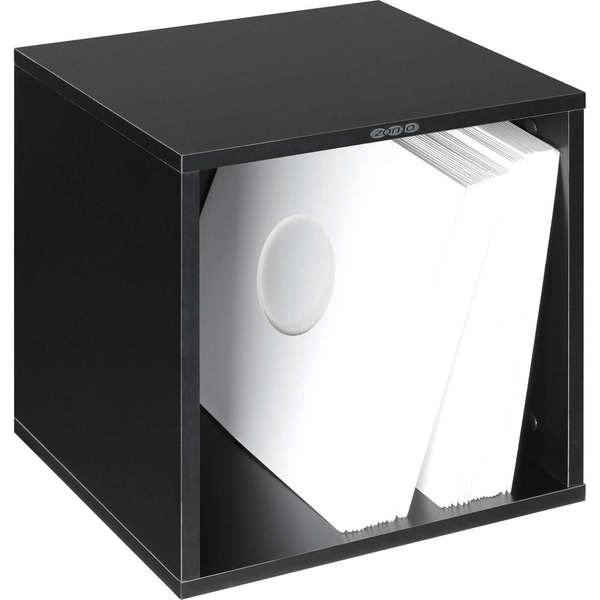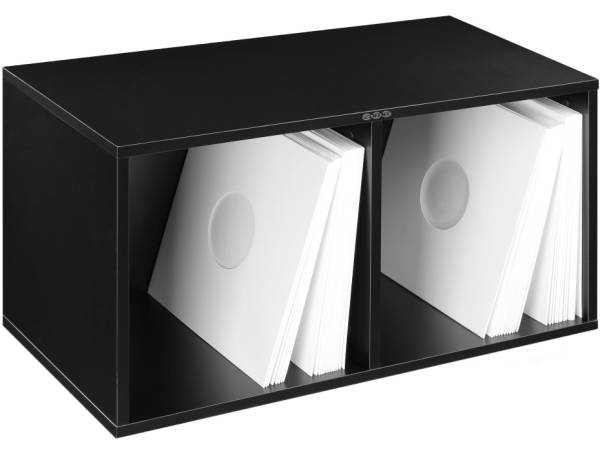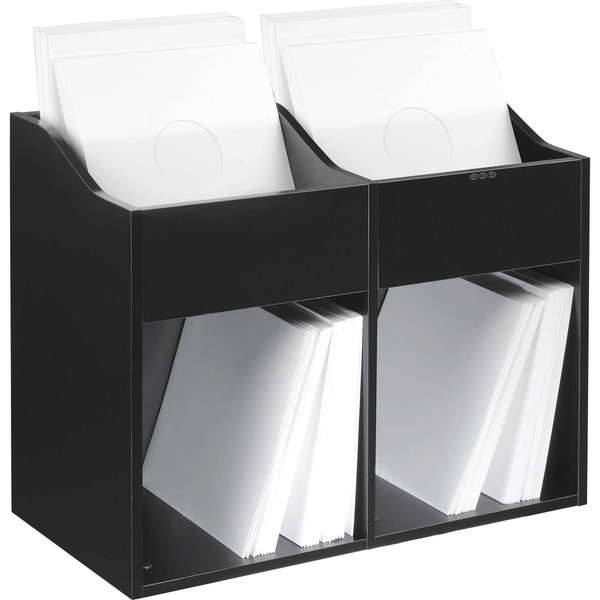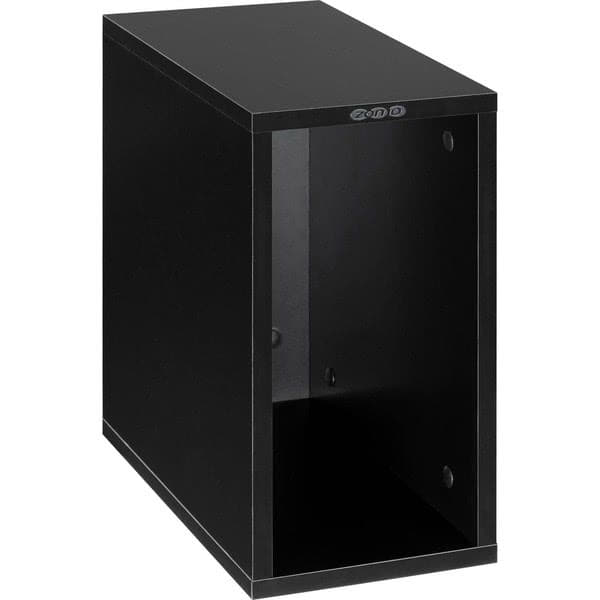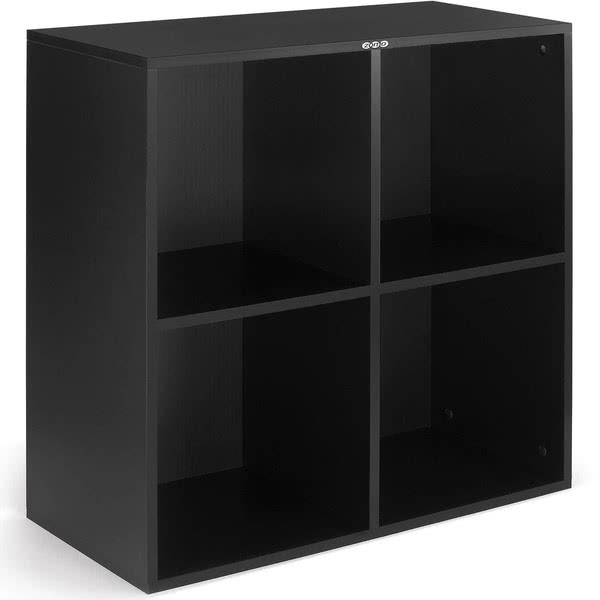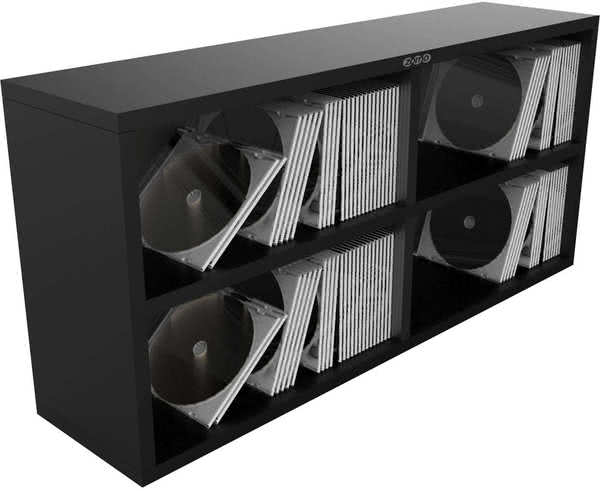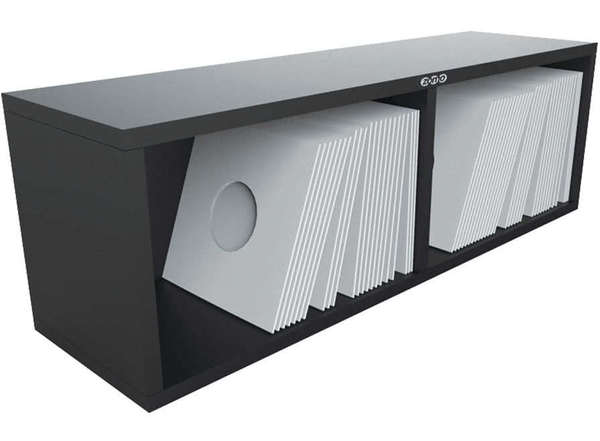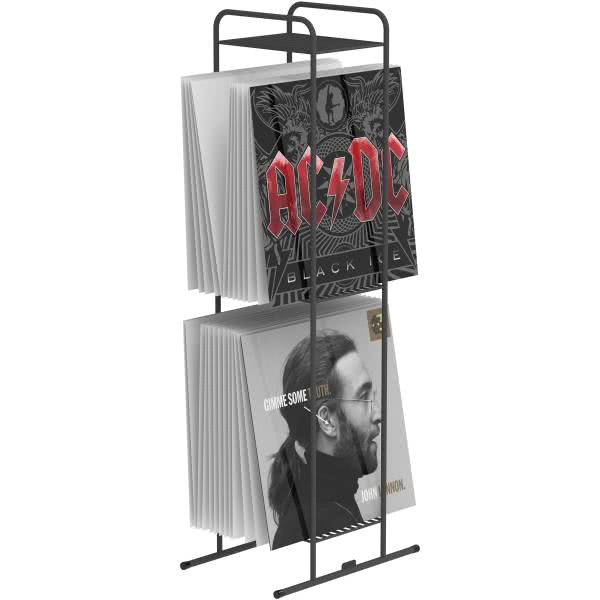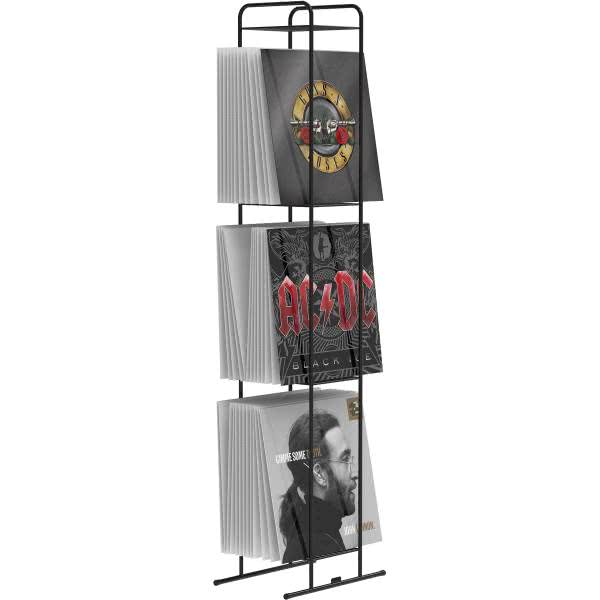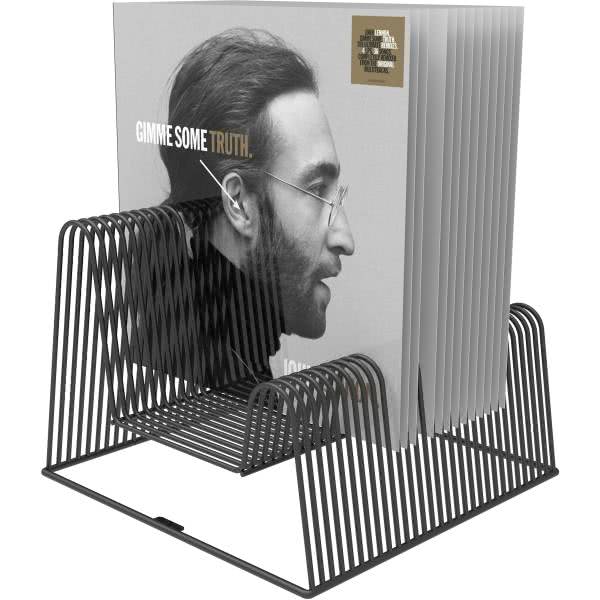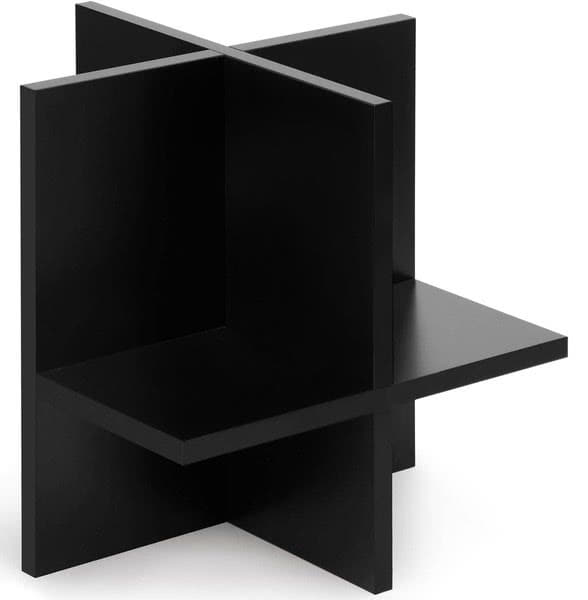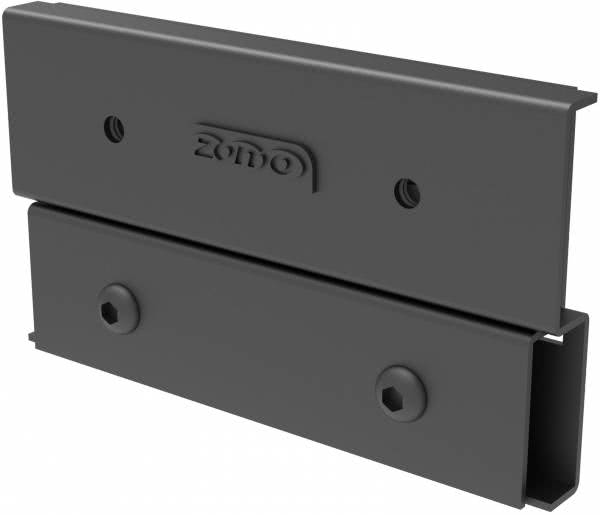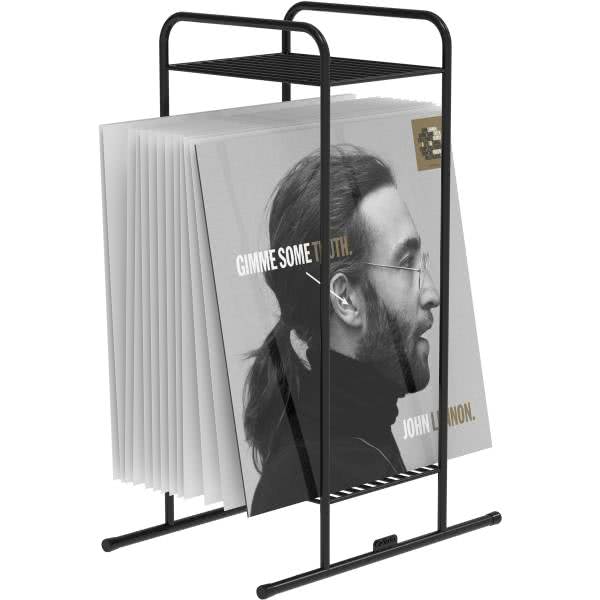How to store vinyl records
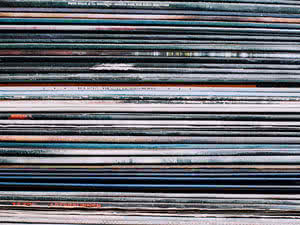
It is important that you store your vinyl records properly so that they do not get moldy, collect dust, bend, warp or break.
If you don't store your vinyl properly, not only will your records become unplayable, but their value will decrease.
Another important reason to store your vinyl records properly is to protect the environment.
A vinyl record in good condition can almost always find a loving home, while a damaged record almost always finds its way to the dump.
Here are tips on how to store vinyl records properly, as well as vinyl record storage options to help you organize your albums.
Why is the correct storage of records so important?
The correct storage of your vinyl records is essential for the preservation of the album. This is because vinyl records are made from materials that are chemically unstable.
In other words, the world is a giant melting pot of chemicals that over time will slowly react with your album and change the very molecular fabric of the vinyl record!
So the purpose of all vinyl record storage is to minimize the impact of the environment on the record.
Vinyl Storage Basics
First of all: Never lay the records flat. And above all, never stack your vinyl records on top of each other. This can cause the record to deform over time.
Make sure that your shelf is strong enough to support the weight of the vinyl records. Vinyl records become quite heavy when stacked together.
Remember that all formats, including vinyl records, concentrate their weight on the centerline of a shelf. This can cause some shelves to collapse. Collapsed shelves can damage an entire collection in an instant.
The Vinyl Record Storage Environment
Your vinyl records at home should be stored at room temperature or lower. The room should be dry (about 35-40% relative humidity) and as clean as possible.
Avoid attics, basements, and other places in your home that tend to have a higher risk of leaks and extreme environmental conditions such as frost or humidity.
Keep exposure to light as low as possible. The less light, the better. Do not expose your LPs to direct sunlight or other sources of intense light.
Keep your records away from radiators, vents and other sources of heat.
Vinyl record packaging
Always use high density polyethylene sleeves. Any other material will damage your record - chemically speaking. This includes the paper sleeves that often come with the album!
Vinyl storage boxes
Storage boxes for vinyl records should be made of acid and lignin-free paper or cardboard.
Avoid containers that are statically charged. Wood is preferable to metal!
We recommend our Zomo VS-Boxes series for 12 inch or 7 inch vinyl records.
And finally: Do not stack your records too close together. Leave them some air to breathe.


